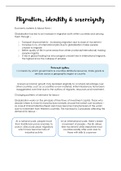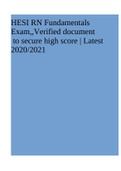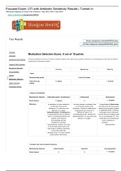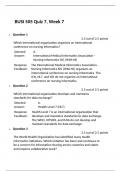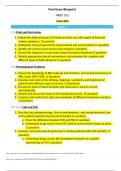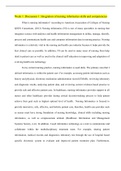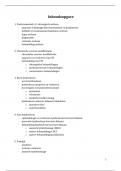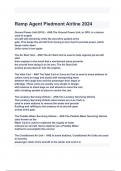Summary
Summary Migration, identity and sovereignty revision notes for A Level Edexcel Geography
- Institution
- PEARSON (PEARSON)
Extremely detailed revision notes for the migration, identity and sovereignty topic in paper 2 for A Level Edexcel Geography. I included most things listed on the specification and achieved an A* in A Level Geography using these notes. A few aspects are missing from the spec for this specific topic...
[Show more]
